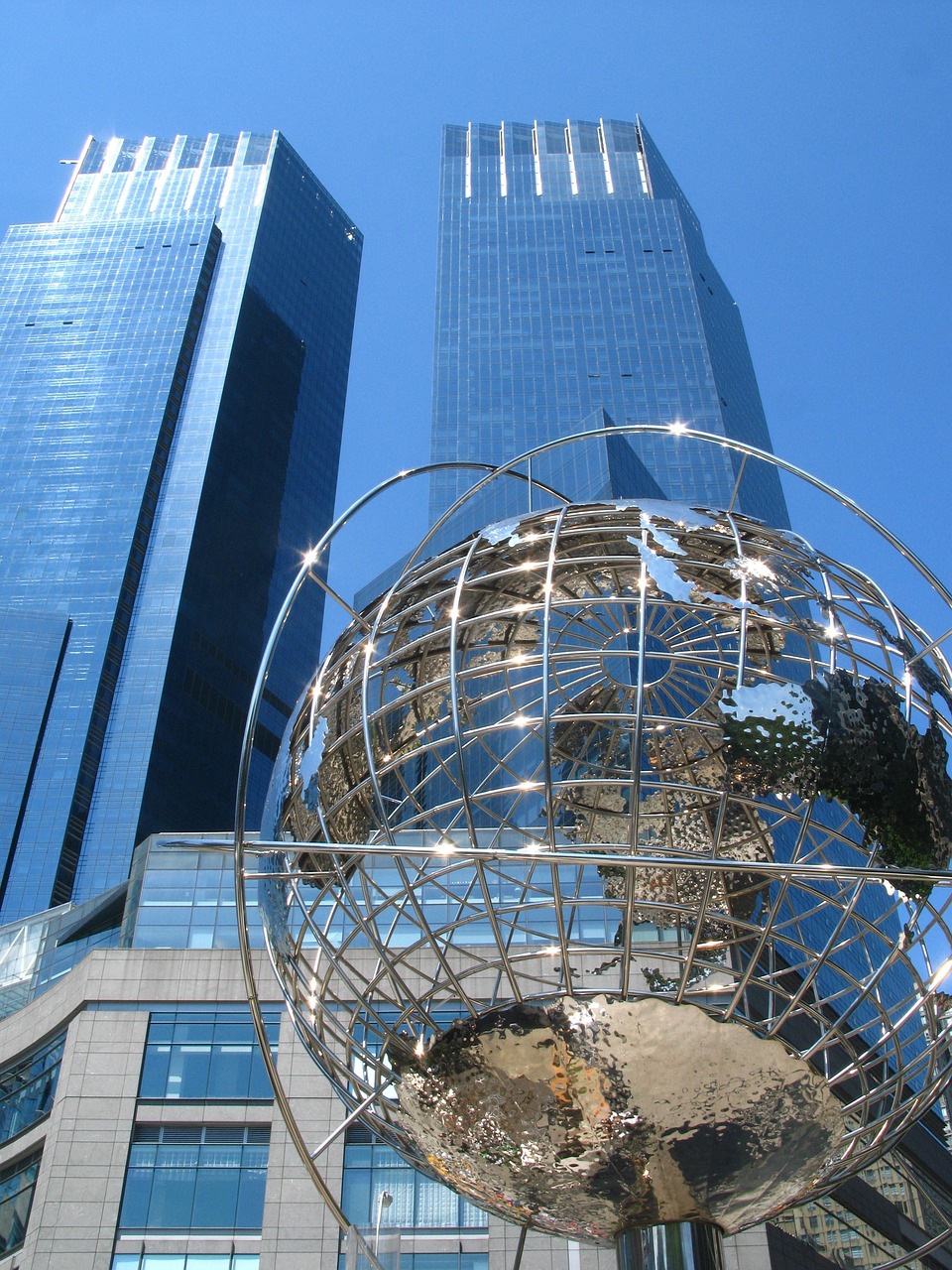
In the last two years, a worrying phenomenon has been gaining strength in the corporate world: greenhushing. While greenwashing continues to be fought, many companies are now opting for the opposite path – voluntarily silencing their sustainability commitments and achievements. This discreet but growing movement poses a significant threat to global environmental progress, creating a vacuum of transparency and accountability just when we most need reliable data to measure progress towards climate goals.
The practice of greenhushing has emerged as a direct response to the exponential increase in lawsuits against companies for environmental claims. A study by the London School of Economics reveals that court cases related to corporate climate claims increased by 300% between 2020 and 2023. Large multinationals such as Shell, Nestlé and Volkswagen faced millionaire lawsuits for allegedly exaggerating their green commitments. As a defensive reaction, many organizations are now voluntarily withdrawing public sustainability targets, eliminating references to “net zero” from their reports, and avoiding disclosing environmental progress even when genuine.
The Mechanism of Greenhushing
The dynamics of greenhushing operate on three distinct levels. At the first level are the large global corporations that, pressured by investors and regulators, keep their commitments but fail to communicate them publicly. South Pole’s survey of 1,200 companies revealed that 25% of organizations with net-zero carbon targets simply don’t disclose them. At the second level, we find medium-sized companies that, without resources to implement robust monitoring and reporting systems, choose not to set formal goals to avoid legal risks. Finally, at the third level are startups that, in a phase of rapid growth, fear that environmental commitments may limit their operational flexibility.
The sectors most affected by greenhushing include finance (where 43% of banks surveyed reduced the visibility of their ESG goals in 2023), technology (especially in data centers and cryptocurrencies), and retail (where complex supply chains make it difficult to verify claims). An emblematic case is that of Amazon, which in 2022 removed specific references to deadlines in its climate commitment after pressure from shareholders concerned about the feasibility of the targets. Paradoxically, this downturn in communication comes just as verification systems and reporting standards reach unprecedented levels of sophistication, with frameworks such as the International Sustainability Standards Board (ISSB) offering clear guidelines for responsible disclosure.
Consequences and Solutions

The implications of greenhushing for global climate action are profound and concerning. When companies fail to share environmental data – even positive ones – it creates critical gaps in the collective understanding of progress towards the goals of the Paris Agreement. This corporate silence also slows down innovation, as good practices are no longer shared and replicated. Perhaps the most insidious impact is on healthy competition: When market leaders silence their sustainable actions, they remove an important motivator for competitors to raise their own standards.
The solution to this impasse requires coordinated action on multiple fronts. Regulators need to create “safe harbors” for the dissemination of good practices, protecting companies that act in good faith against frivolous litigation. The financial sector can play a crucial role, with mechanisms such as Sustainability-Linked Bonds that reward transparency. Emerging technologies, especially blockchain for traceability and AI for data verification, can reduce compliance costs and increase trust in disclosures. But perhaps the most important advance comes from a cultural shift: recognizing that in the sustainability journey, perfectionism is the enemy of progress, and that it is better to communicate ambitious goals even at the risk of not fully achieving them, than not to set goals at all.
Conclusion
Greenhushing represents a dangerous setback in corporate accountability, but also an opportunity to rethink how we communicate and evaluate sustainable progress. As frameworks such as the EU’s CSRD (Corporate Sustainability Reporting Directive) come into force in 2024, creating mandatory disclosure requirements, the phenomenon of environmental silence is expected to subside. However, the key lesson is that both greenwashing and greenhushing are symptoms of the same problem: the lack of clear standards and robust verification systems. The way forward is not in silence, but in responsible communication, supported by verifiable data and transparent intermediate targets. Only then will companies be able to resume their crucial role as agents of the transition to a truly sustainable economy, without fear of celebrating genuine progress or taking responsibility for remaining challenges

Sem comentários